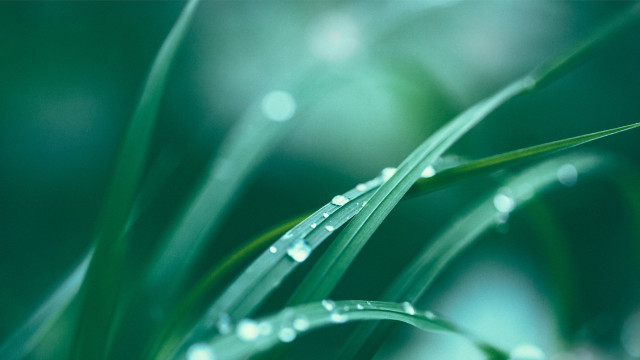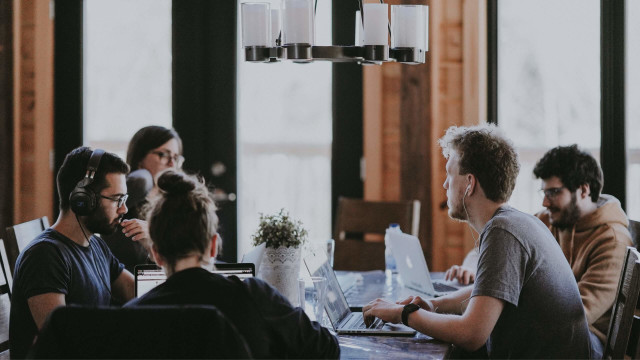From Practical Meditations to the Practice of Meditation

As I started my journey of Wholistic Wellbeing in my forties, I was initially concerned that meditation was not something that would fit well within my busy life schedule. As important as it was for me to find those moments of stillness during a busy day, it was usually yoga that provided it for me. I was able to combine the physical benefits, with the mental ones, which satisfied me.
It was not long after that I discovered meditation did not only have one iteration. I discovered that meditation could be done anywhere and anytime - even whilst doing daily chores, or walking to work. Learning about the Sufi teachings was helpful for me in this domain. In Sufism, there is a practice called Nazar bar Kadam (Watch Your Step), which is about walking mindfully and consciously. From a secular perspective, this means: breathe in, breathe out. Count your steps. Observe your breath. Focus on the now.
Since then, finding these little moments of stillness during the day became vital for me. Even an ordinary chore can be enjoyable. We usually do these activities while thinking through something, getting distracted, instead of paying full attention. Washing the dishes is one example. I would concentrate on the warm water, the structure of the foam, the familiar shapes of my family dishes; and for a few moments, at least, all of my worries and my anxiety would go away. Thich Nhat Hanh, a global spiritual leader and peace activist, describes this practice in the following way, which resonated with me:
There are two ways to wash the dishes. The first is to wash the dishes in order to have clean dishes and the second is to wash the dishes in order to wash the dishes...The fact that I am standing there and washing these bowls is a wondrous reality. I’m being completely myself, following my breath, conscious of my presence, and conscious of my thoughts and actions.
My learning curve with these meditations was precisely about understanding them as learning curves: one must not expect to become an expert at them right away. Each meditation is a journey; it’s about the experience, not the destination.
This is something that can be frustrating for many — especially the driven, high-achieving, type A personalities like me. I found a great help in a book by Shunryu Suzuki: Zen Mind, Beginner’s Mind.
“If your mind is empty, it is always ready for anything; it is open to everything. In the beginner’s mind there are many possibilities; in the expert’s mind there are few”, Suzuki notes in his book. I now agree with it profoundly. I see the value of being a perpetual beginner, a perpetual learner, for beginners, are keen, curious, patient, creative. They are not stuck in old thought patterns. This knowledge is something that helped me not only as a human, but also as an entrepreneur. When you start a business, you have to be flexible. No matter how much experience you may have, you must be able to adjust your reality to the new normal. You must be able to start fresh.
I now know that the practice of meditation is open to all: the range offered means there’s something for everyone. It’s not necessarily about making time in the day for it, but about choosing the right moments in your already busy life to let meditation filter in. Next time you find yourself stressed or worried, meditate in that instance. It will create more time in your day by appeasing your emotions and creating emotional legroom for more positive thoughts and personal progress.







